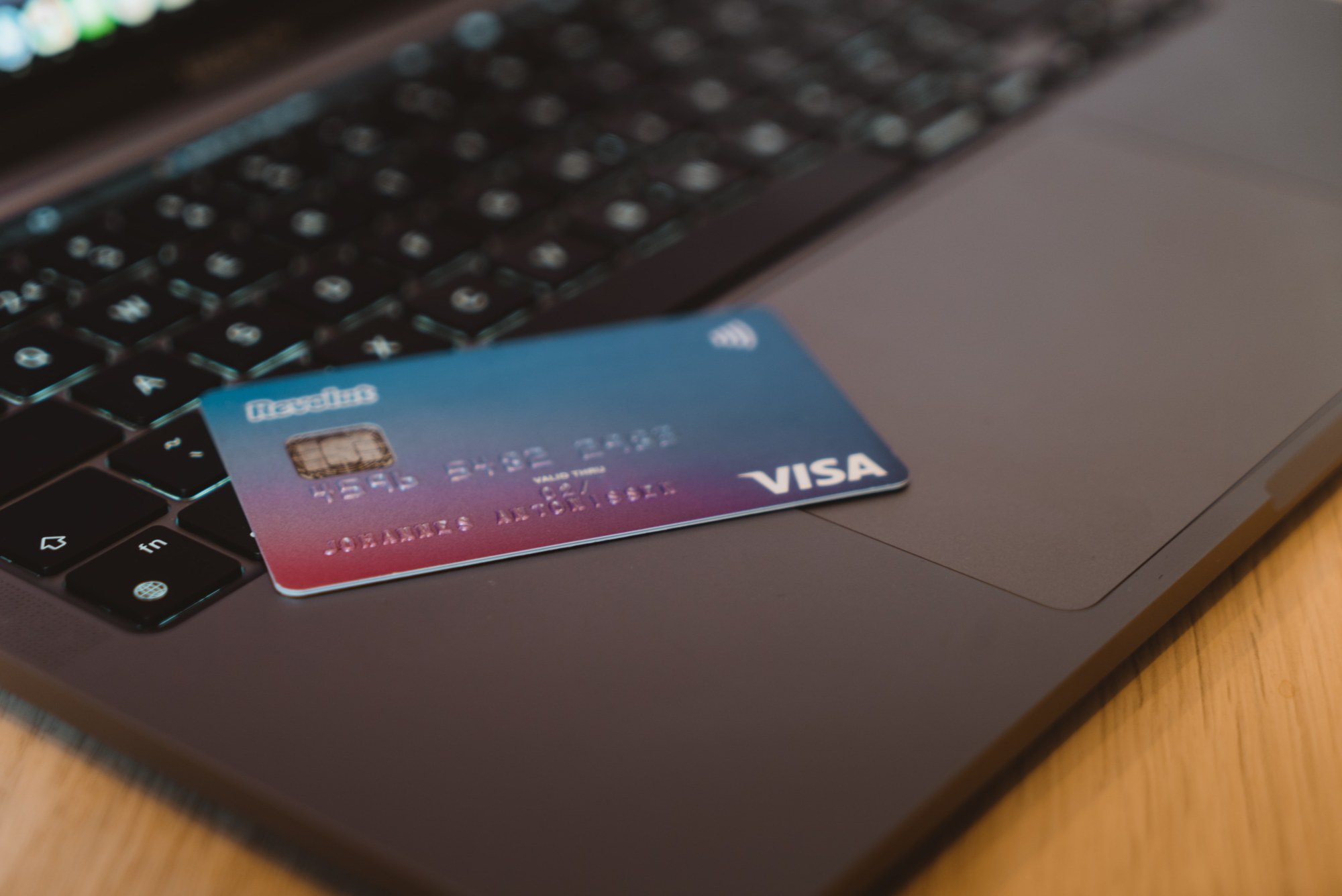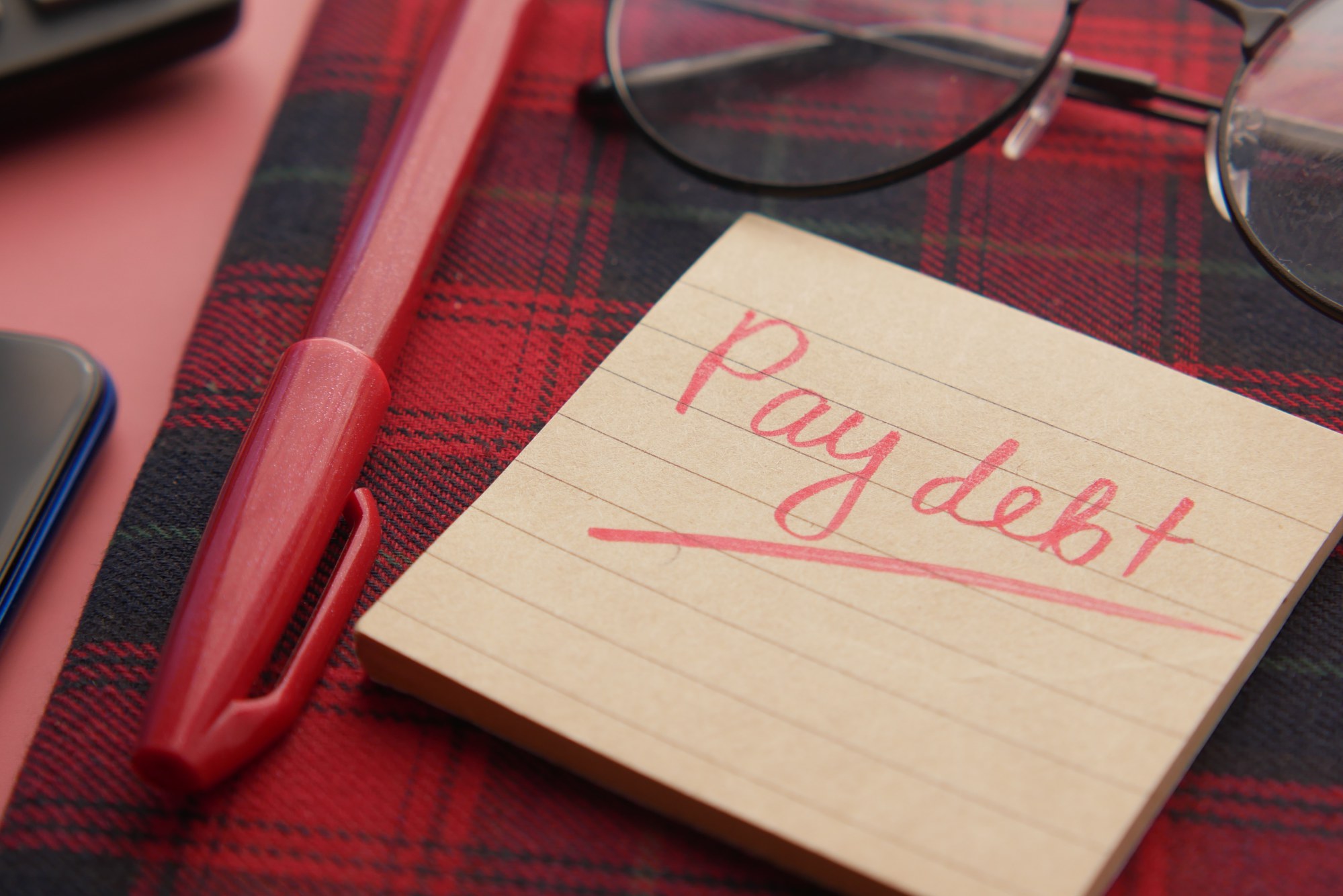Wouldn’t you rather be putting a little more money toward your retirement or 401K each month and sending less of it to credit card companies? If so, you might find that with just a little effort, you’ll be able to do just that — sooner rather than later.
Here are just a few simple ways to pay down your debt a little faster that you may not know about. Some will be obvious, but others may not. One common theme: interest. See how many of these tips you can incorporate into your monthly budget starting now, whether for credit cards or loans.
1. Pay off your card in full each month.
Wait, if we all did that, we wouldn’t be in debt. Okay, so the next best thing? Pay more than the minimum. By doing this, you’ll cross the debt finish line sooner and your credit score will likely improve.
2. Pay your most expensive loans off first.
Why? Interest, that’s why. The loan that is costing you the most (your most expensive loan, that is) is the one with the highest interest rate. Get that paid off first, then put the money toward tackling the next most expensive loan. This is also known as the “avalanche” method of paying down debt.

3. Pay off the smallest balances first, which is called the “snowball” method.
Let’s say you have three credit cards and they carry the same interest rate. Pay off the smallest balance first. Apply that money to the next smallest balance. For some people, getting the smaller balances paid off has a buoy effect on their overall attitude and helps them stay motivated to keep knocking down that debt!
4. Make more than one payment per month.
If you are intent on raising your credit score, making more than one payment per month can help you reduce your ratio of credit available vs. credit used (balance utilization ratio). The closer you are to having all available credit maxed out, the harder it is on your credit score. It’s not the only thing that determines credit score, of course, but it is one thing that credit rating agencies consider. Making an extra payment each month also keeps your balance front and center of mind.
5. Take advantage of technology.
If your credit card or loan payment platform offers automatic bill pay or reminders, set it up. Any reminder you can receive will 1) ensure you don’t miss a payment or pay late and 2) offer steady reminders that you have debt, which could help you say “no” to unnecessary purchases.

6. Look for debt consolidation loans and cards.
If you have multiple cards or loans, keep an eye out for ways to wrap all of the debt into one card or monthly payment, which could help you pay off debt more quickly. Of course, you’ll need to do the math: Make sure the interest over time, payment schedule, and overall terms make sense to your budget.
7. One method many people overlook falls into the old category of “You can’t get what you don’t ask for.”
If you have a lender or credit card company that you like dealing with or have a long-standing history with and you don’t want to leave them, seek out a debt consolidation offer elsewhere (that’s better than the interest rate you’re currently paying). Call your current lender or credit card company and ask them to lower your interest rate. They may say yes if it means you won’t jump ship. It never hurts to ask.
These seven ways to pay down debt might not be complex, but it’s likely there are at least a few that you haven’t considered before. Remember, the sooner you pay off debt, the sooner you’ll be able to add more to your retirement plan.




